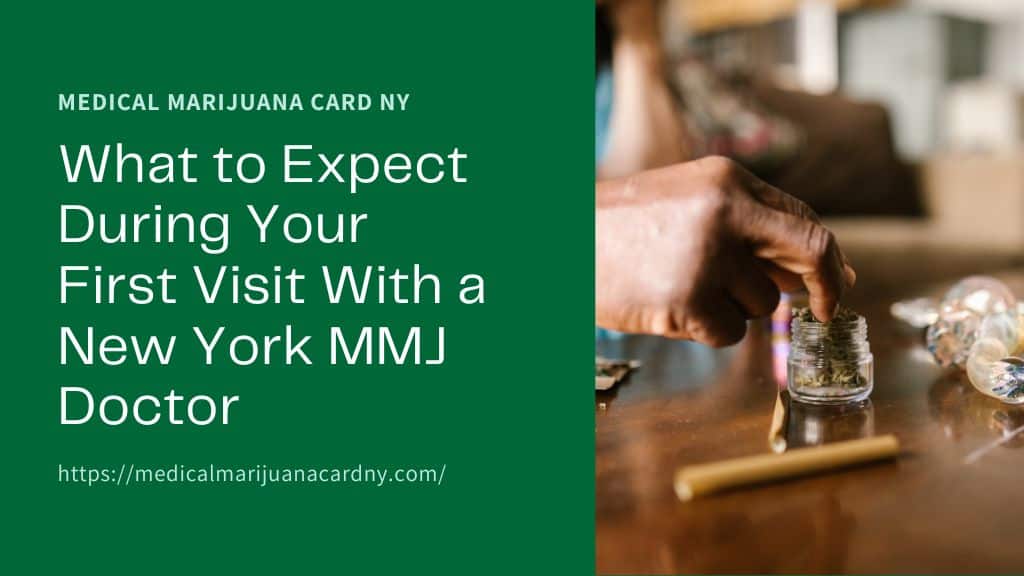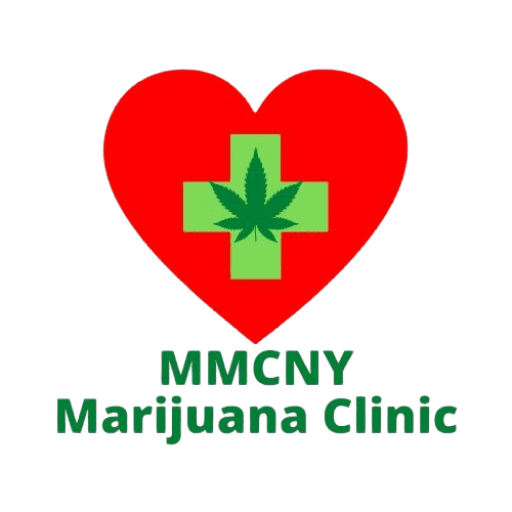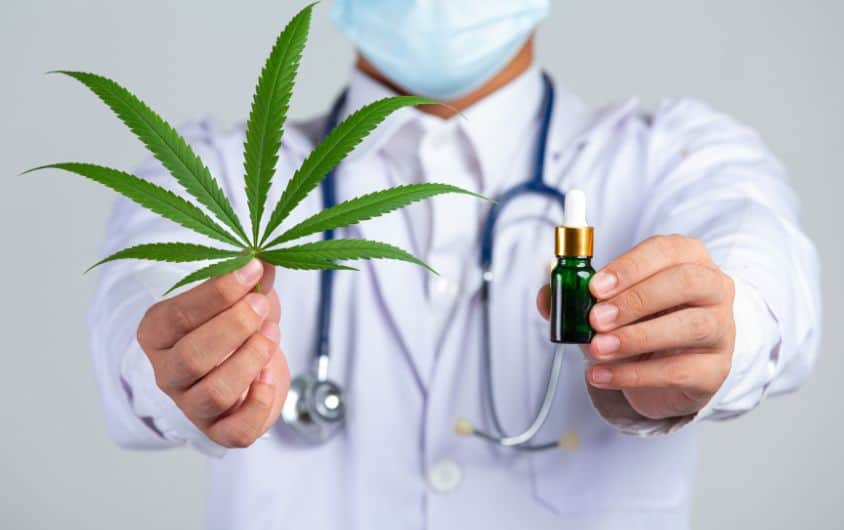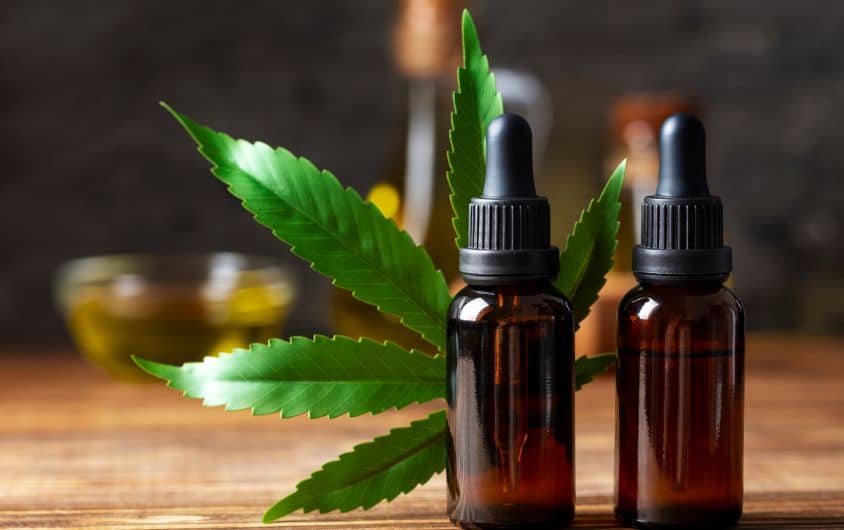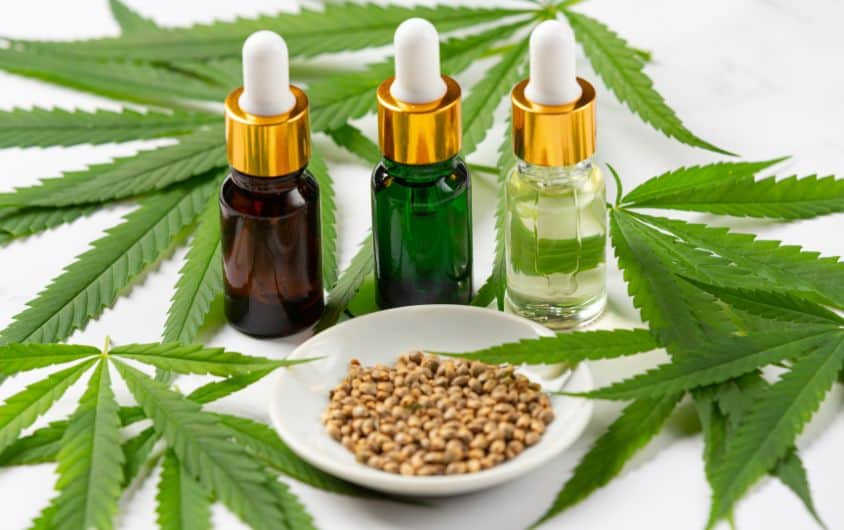If you’re considering medical marijuana as part of your treatment plan in New York, your first step will likely be a visit with a licensed MMJ (Medical Marijuana) doctor. For many patients, this initial consultation can feel intimidating, especially if you’re unfamiliar with the certification process or unsure whether your condition qualifies. The good news is that Medical Marijuana Doctors in New York are trained to guide patients with compassion, professionalism, and discretion.
This article walks you through what to expect during your first visit with a New York MMJ doctor—from preparation and documentation to evaluation and certification—so you can feel confident and informed every step of the way.
Table of Contents
ToggleWhy Your First MMJ Appointment Matters
The first visit with an MMJ doctor isn’t just a formality—it’s the foundation of your eligibility for medical cannabis in New York.
This appointment is where the provider assesses your health, reviews your medical history, and determines if cannabis could be a safe and effective treatment option for you. In New York, only licensed professionals registered with the state’s Office of Cannabis Management (OCM) can evaluate patients for Medical Marijuana Card In New York certification.
These providers include physicians, nurse practitioners, and physician assistants who have completed required state training in cannabis therapeutics.
Step 1: Preparing for Your Appointment
Before your appointment, whether in person or online, a little preparation goes a long way. Being organized can streamline the visit and help the doctor make a more accurate assessment of your condition.
Bring or Upload Medical Records
While a formal diagnosis isn’t always required to get certified for medical marijuana in New York, having documentation of your condition can significantly strengthen your case.
Medical records such as diagnostic test results, treatment history, prescription details, notes from other healthcare providers, and any hospitalization records provide valuable context for the MMJ doctor evaluating your situation.
If you’re using a telemedicine platform, most services will allow you to upload these documents before your consultation, helping the doctor make a more accurate and efficient assessment during your appointment.
Have a Valid ID
To get certified for medical marijuana in New York, you must prove that you’re a state resident. This typically requires a government-issued photo ID, such as a New York State driver’s license, a state-issued ID card, or a U.S. passport accompanied by proof of New York residency.
Some telehealth platforms may also accept additional documents like utility bills, lease agreements, or bank statements as secondary proof. Verifying your residency is a crucial part of the process, ensuring you’re eligible to participate in the state’s medical cannabis program.
Be Ready to Discuss Your Symptoms
Before your appointment, take time to reflect on how your condition impacts your daily life. Be ready to discuss when your symptoms first began, what treatments you’ve already tried, and how effective—or ineffective—those treatments have been.
It’s also helpful to mention any side effects you’ve experienced from past medications or therapies. Most importantly, share your goals for trying medical cannabis, whether it’s pain relief, better sleep, reduced anxiety, or improved overall quality of life.
This information helps your doctor make a well-informed decision about your eligibility and the best approach to your care.
Step 2: The Consultation Process
Once your appointment begins, the provider will walk you through several steps to evaluate your eligibility for medical cannabis.
1. Health and Symptom Review
The doctor will ask detailed questions about your symptoms, treatment history, and general well-being. If you have conditions like chronic pain, anxiety, PTSD, cancer, or epilepsy, be honest and specific.
Even if your condition isn’t traditionally listed, New York gives Medical Marijuana Doctors in New York the freedom to determine eligibility based on their professional judgment.
2. Discussion of Medical Cannabis Use
Next, your doctor will take time to educate you about how medical cannabis works and how it may affect your specific condition. This discussion typically covers the various delivery methods available—such as edibles, vaping, tinctures, or topicals—as well as recommended THC to CBD ratios tailored to your needs.
They’ll also explain the expected effects, how long those effects might last, and any possible side effects or interactions with other medications you’re taking.
In addition, your doctor will review your legal responsibilities as a registered medical cannabis patient in New York. The goal is to ensure you have a clear understanding of how cannabis can be safely and effectively integrated into your treatment plan.
3. Determining Eligibility
If the doctor feels that cannabis could benefit your condition and that it poses no significant risk to your health, they will issue your certification. If they believe cannabis isn’t appropriate for you, they may recommend alternative treatments or further evaluation.
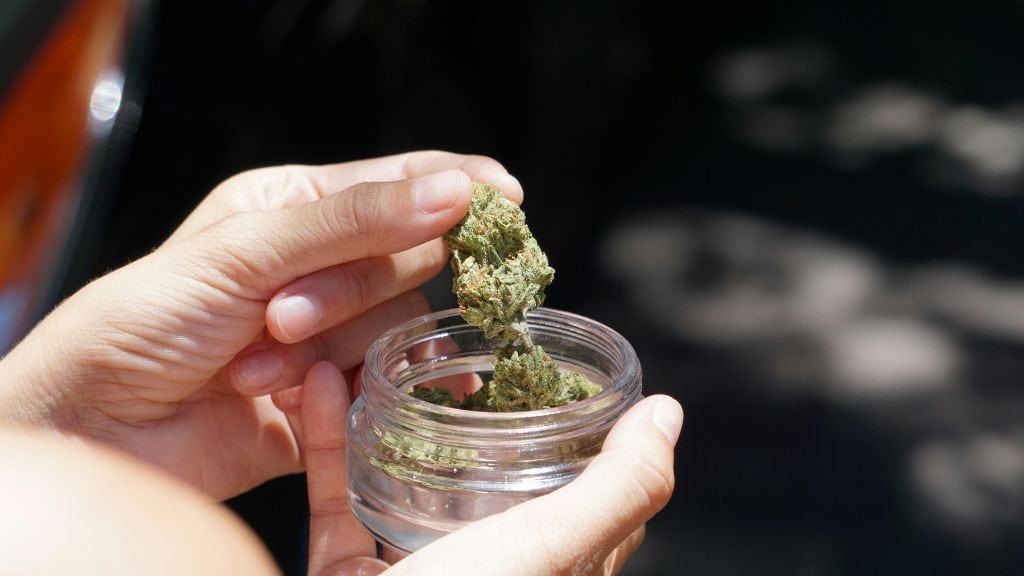
Step 3: Certification and Registration
If approved, your MMJ doctor will upload your certification directly to the Office of Cannabis Management’s system. You’ll receive an email confirmation with instructions on how to register for your official New York Medical Marijuana Card.
Temporary and Physical Cards
Once registered, you’ll immediately receive a digital temporary ID that you can use at licensed dispensaries. Your physical card will be mailed to you within 7–10 business days.
Validity and Renewal
Medical cannabis certifications in New York are typically valid for one year. It’s a good idea to mark your renewal date early and schedule a follow-up with your provider before your card expires.
Telehealth vs. In-Person Appointments
New York allows both in-person and telehealth consultations for medical marijuana evaluations. Telemedicine is especially convenient for patients with mobility issues, anxiety, or long travel distances.
Telehealth and in-person appointments both offer unique advantages when meeting with an MMJ doctor in New York. Telehealth is highly convenient—there’s no need to travel, same-day appointments are often available, and the process is private and discreet.
It also gives you access to a wider range of providers across the state. On the other hand, in-person visits offer face-to-face interaction, which can be helpful for building trust or discussing complex health concerns.
They also allow for immediate access to physical documents if needed. Both options are equally valid, and the right choice ultimately depends on your comfort level, medical needs, and personal preference.
What Conditions Typically Qualify?
As of 2022, New York no longer restricts medical marijuana use to a specific list of conditions. Instead, MMJ doctors have the discretion to recommend cannabis for any condition they believe can be effectively treated with it.
This gives patients greater access to alternative care options. That said, some conditions are more commonly approved, including chronic pain, PTSD, anxiety disorders, cancer, multiple sclerosis, HIV/AIDS, neuropathy, epilepsy, glaucoma, and inflammatory bowel diseases like Crohn’s and ulcerative colitis. Insomnia is also frequently considered.
These flexible guidelines allow more individuals to benefit from medical cannabis—especially when conventional treatments have failed or result in unwanted side effects.
What If You’re Not Approved?
Not every patient receives certification during their first visit. If your MMJ doctor determines that cannabis isn’t a suitable option for you, they will explain their reasoning in detail.
Common reasons for denial can include a lack of sufficient evidence supporting your medical condition, active substance abuse issues, unstable psychiatric conditions, or an unwillingness to comply with the legal responsibilities required of medical marijuana patients.
In many cases, doctors may recommend alternative treatments or request additional medical documentation before making a final decision about your eligibility for certification.
Questions to Ask During Your Appointment
To make the most of your visit, it’s important to come prepared with thoughtful questions for your MMJ doctor.
Consider asking how cannabis may affect your specific condition, what strains or products they recommend starting with, and the appropriate dosage and frequency. It’s also wise to inquire about potential side effects to watch for, whether cannabis might interact with any medications you’re currently taking, and how the renewal process works for your certification next year.
Having an open, honest conversation during your appointment will help you feel more confident and informed about your medical cannabis care plan.
Red Flags to Avoid
Unfortunately, not all providers operate with integrity, so it’s important to be cautious when choosing a medical marijuana doctor. Be wary of providers who guarantee approval without a proper evaluation, as this goes against medical ethics and state regulations.
Avoid clinics that lack a clear refund or privacy policy, and always check that the provider is listed on the official Office of Cannabis Management (OCM) registry. A lack of transparency about fees or the certification process is also a major red flag.
Always verify your provider’s credentials before moving forward. Reputable Medical Marijuana Doctors in New York will prioritize your health and well-being—not simply issue certifications for profit.
Conclusion
Your first visit with a New York MMJ doctor is an important step toward accessing medical cannabis safely and legally. While the process might seem unfamiliar, most patients find it simple, respectful, and even empowering. With flexible state laws and expanding access through telemedicine, New Yorkers now have more options than ever for exploring cannabis as part of their care plan.
Take your time to prepare, be honest about your symptoms, and choose a provider who truly listens. The right MMJ doctor will not only certify you but also support your journey toward better health with personalized, informed care.
Whether you’re dealing with chronic pain, anxiety, or another qualifying condition, medical cannabis could be a transformative part of your treatment plan. It all begins with that first appointment—and knowing what to expect makes all the difference.

